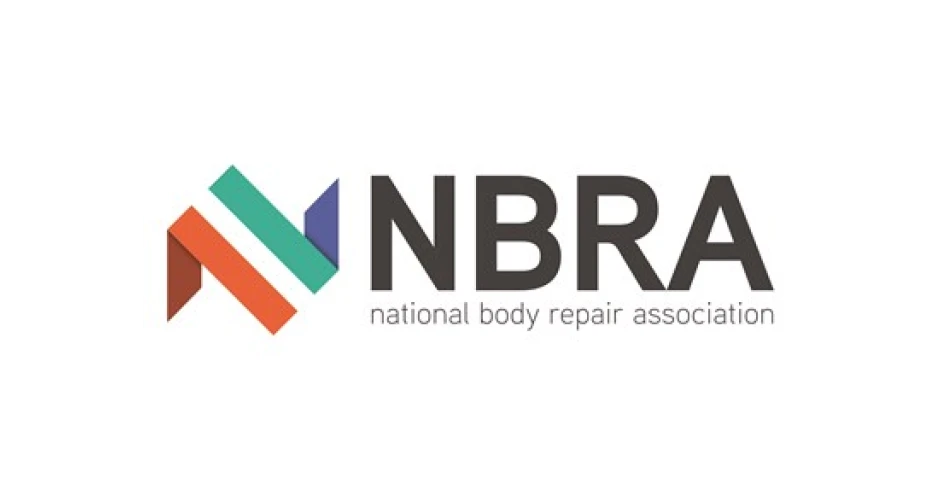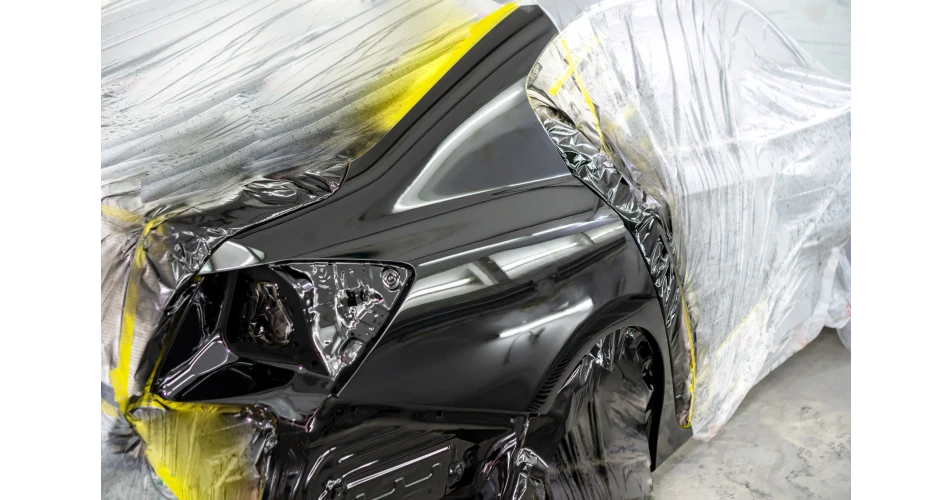The National Body Repair Association (NBRA) in the UK, has called on insurers and other work providers, to provide more support for bodyshops during the Covid-19 crisis. The representative body points out that the financial model on which insurance repair is based, works on the assumption of high volumes and low margins and with claims down by over 70% in recent weeks, this model is currently unsustainable.
The NBRA estimates that the UK bodyshop industry is losing £240m in revenue each month, while at the same time, Motor underwriters are expected to make a conservative £1bn in claims savings unexpectedly through Covid-19. The implication is that without additional support, many bodyshops will go out of business and in the longer term, this will mean a crisis in terms of industry repair capacity.
The full NBRA statement, which was an open letter sent to 36 of the leading motor insurers and accident managers, can be read
here on Trend Tracker. It makes some very valid points, which will equally apply to the relationship between Irish bodyshops and insurers.
Research carried out by Trend Tracker in partnership with the NBRA and ARC360, found that claims had fallen by 70% during lockdown and 74% of repairers had temporarily closed, or are operating a skeleton service as a result.
The letter makes the point that the industry has operated on sub 5% operating profits for the past 25 years and as such, the present terms and reduced volumes, mean that no repairer can currently trade profitably, even with furloughed staff.
The NBRA is therefore calling on work providers to offer additional support during the lockdown period and during what is likely to be a slow recovery after that. Some recommended measures include:
- A COVID-19 cleaning and sanitizing payment for both customer’s cars and replacement vehicles.
- Waiving agreed parts discounts, as bodyshops will currently fail to make volume rebates with suppliers, or may have to source from different suppliers at reduced terms.
- Allowing bodyshops to charge an agreed premium labour rate during the crisis period, which takes into account fixed costs and the fact that bodyshops can no longer make efficiency gains due to decreased volume and the impact of social distancing, such as cleaning vehicles between operative handovers and cleaning shared tools. This would allow a reasonable profit to be made on each job.
- Additional charges allowed for vehicle collection and delivery. Contactless collection, rather than customer drop-off, will become more prevalent and with social distancing (i.e. one employee per car) this may often need to be done with a recovery vehicle.
- Additional charge to be allowed for Audatex estimate. Audatex charges are based on past volume, so reduced estimate numbers means each estimate costs more.
- Additional charge for parts collection where standard delivery is not currently available.
- Additional overhead contribution. An extra payment per job to cover other fixed charges.
The NBRA stresses that these additional charges are merely a way of ensuring bodyshop businesses remain secure and can trade through these difficult times.
With limited national representation for Irish bodyshops, it will not be possible to find any industry wide agreement on these additional charges here. However, individual bodyshops would be well advised to seriously analyse their cost base and take into account any new operating expenses caused by Covid-19. Insurers and work providers will then need to make at least some allowance for these additional costs, as well as the difficult operating conditions, in the agreed price of each job. If they fail to do so, then they might just find their repair options are far more limited when the crisis ends.
 The NBRA in the UK, has called on insurers and other work providers, to provide more support for bodyshops during the Covid-19 crisis
The NBRA in the UK, has called on insurers and other work providers, to provide more support for bodyshops during the Covid-19 crisis
 Bodyshops would be well advised to seriously analyse their cost base and take into account any new operating expenses caused by Covid-19.
Bodyshops would be well advised to seriously analyse their cost base and take into account any new operating expenses caused by Covid-19.